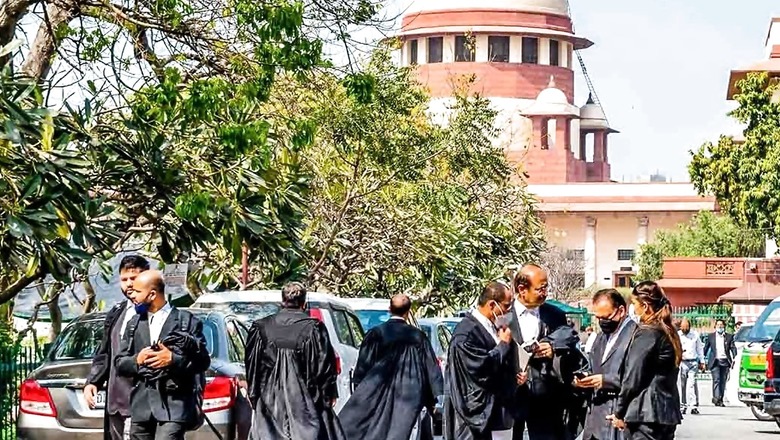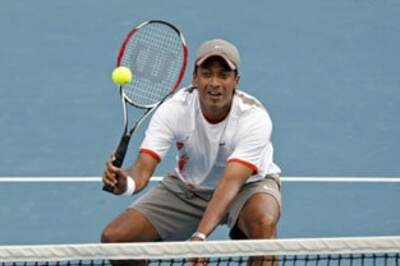
views
In yet another step towards adopting the ‘Digital India’ paradigm, the Supreme Court is all set to go hi-tech with major boosts that will not only ease the judicial process but also bring the much-needed relief for common people.
In a first, the data of the top court regarding filing and pendency will soon be available on the National Judicial Data Grid.
Officials privy to the development say the project is in the testing phase, which has also been accessed by CNN-News18.
To aid those interested, the orders and judgments of the Supreme Court will soon come up on the Integrated e-Courts Platform along with the proper case status in Phase-III of the project.
Yet another feature will be the building of a platform where a judgment can be searched easily by using simple keywords. A prototype and testing phase version of the same, as seen by CNN-News18, makes it very easy for a law researcher or lay person to search for a specific judgment using simple keywords.
The e-Committee of the top court is also in talks to create a setup for high bandwidth free-Wifi across the campus.
The developments come amid the apex court’s efforts to streamline processes via technology. Justice DY Chandrachud, who took oath as the 50th Chief Justice of India (CJI) on Wednesday, had said a week ago that the Supreme Court was “working hard to institutionalise live-streaming of court proceedings and frame a uniform and national model”.
The judge, who is also the chairperson of the apex court’s e-committee, said live-streaming rules have already been formulated and many High Courts have already adopted them.
The court had started live-streaming Constitution Bench hearings in September, taking about four years to implement its own judgment in the Swapnil Tripathi case, which had upheld live-streaming.
“Live-streaming of court proceedings has the potential of throwing up an option to the public to witness live court proceedings which they otherwise could not have due to logistical issues and infrastructural restrictions,” the court had then said.
Earlier, during the coronavirus pandemic, cases were heard via video-conferencing in an effort to ensure social distancing and adherence to Covid-19 protocol.
It was in 2017 that the Supreme Court decided to go digital from filing of cases, paying court fees, and printing visitor passes to witnessing proceedings.
Read all the Latest India News here


















Comments
0 comment